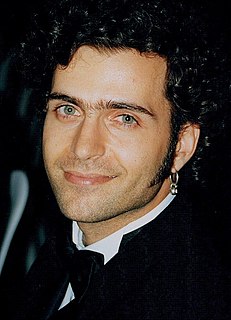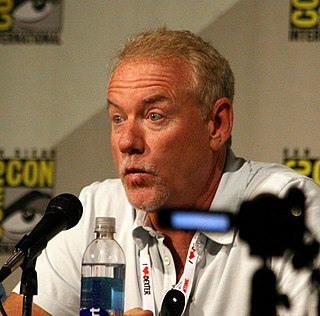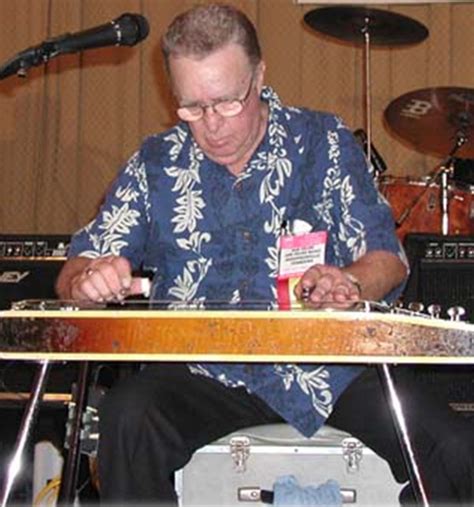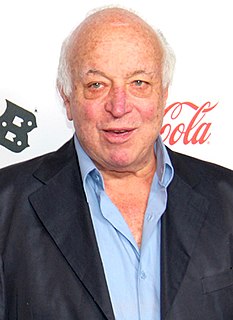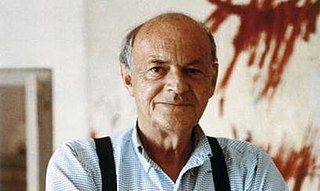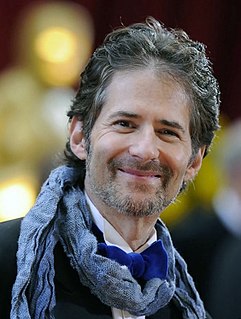A Quote by Slavoj Žižek
Those who were still able to write beautiful melodies were kitsch composers like Tchaikovsky. Tchaikovsky approaches true art not in his numerous beautiful melodies, but when a melodic line is thwarted.
Related Quotes
Melodies and ideas are always on my mind and always coming to me. I'm very thankful for that because if I didn't have whatever that is, that craziness, that openness, maybe, I don't think I'd be able to do what I really love to do, which is write great melodies and at least try to write great melodies.
Jim had melodies as well as words. He didn't know how to play a chord on any instrument, but he had melodies in his head. To remember the lyrics he would think of melodies and then they would stay in his head. He had melodies and lyrics in his head, and he would sing them a cappella, and we would eke out the arrangements.
I could always hold a melody, but I was never like, I'm going to be a singer. So I'm able to use that when I write. I'm actually playing the beat with my voice. Instead of thinking about coming up with melodies, it's like filling in the instruments. So sometimes it's better to have beats with less melodies in them, because then I can play more with my vocals.

